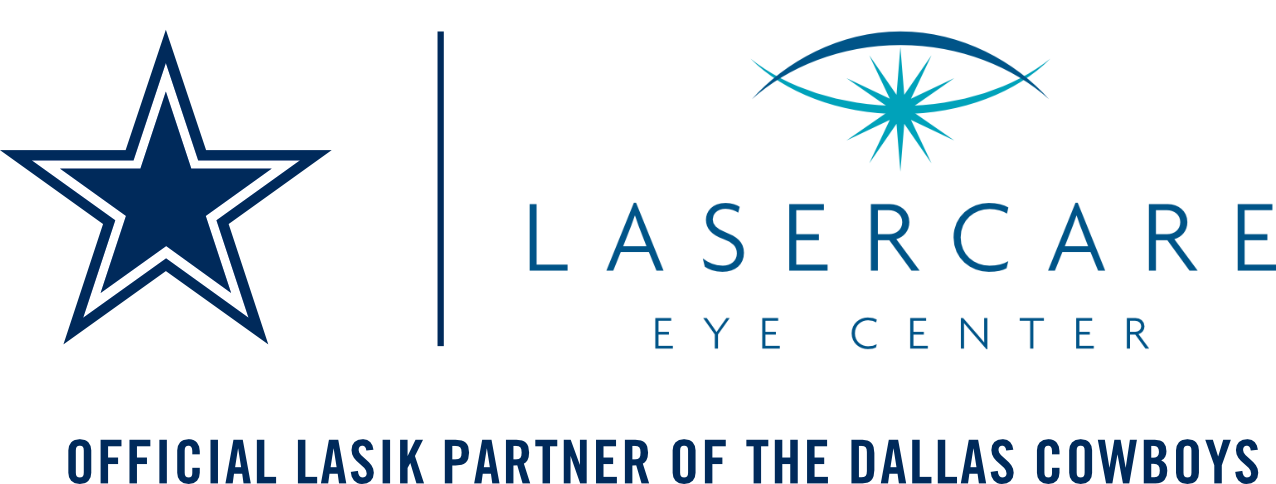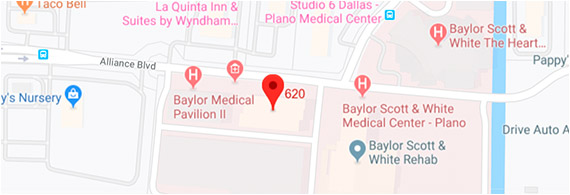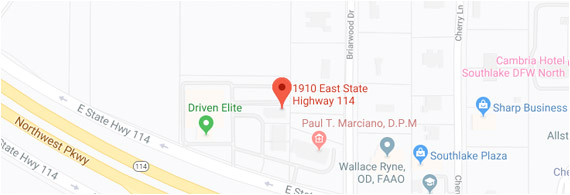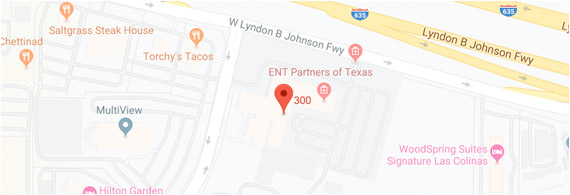ICL FAQ
Who is an ideal candidate for ICL?
The ideal ICL patient is a patient with:
- Stable myopia less than -15 Diopters.
- Less than 4D of astigmatism.
- Not a candidate for LASIK or SMILE (due to thin corneas or large prescription).
- Healthy eyes.
- No previous eye surgery
How do LASIK, SMILE, PRK, and ICL differ?
- ICL is performed by implanting a lens inside the eye and no laser is used. Unlike LASIK, it can be reversed by removing the ICL. Generally, it is more expensive. It can only be used to correct myopia and astigmatism. It is generally reserved for patients with high amounts of myopia. Visual recovery is usually quick.
- LASIK is performed using a laser and the treatment is permanent. Generally, LASIK is less expensive than ICL. LASIK can be used to treat myopia, farsightedness, and astigmatism. Visual recovery is quick.
- PRK is performed using a laser and the treatment is permanent. Generally, it is less expensive than ICL. It can be used to treat myopia, farsightedness, and astigmatism. The visual recovery with PRK is usually slower than LASIK, SMILE, or ICL.
- SMILE is performed using a laser and the treatment is permanent. Generally, SMILE is less expensive than ICL. SMILE is used to treat myopia and astigmatism. We feel that SMILE works better than LASIK and PRK for higher amounts of myopia.
- At LaserCare Eye Center, we offer all 4 options. We do not believe in cookie-cutter solutions. We will try to match your needs with the ideal surgery. Please call 214 328-0444 for a free consultation.
What is the success rate of ICL compared to LASIK?
The results with ICL are great. Obviously, results vary from patient to patient. However, recent studies on ICL point to results as good as LASIK. They include:
- 99% Patient Satisfaction.
- 96% of patient with 20/20 visual acuity or better.
- 99% able to see the same or better than before surgery wearing contact lenses.
- Excellent night vision: the ICL has been placed in over 10,000 active military personnel.
How is the ICL implanted into the eye?
- The patient arrives at the Surgery Center and is prepared for surgery.
- The eye is numbed with an anesthetic eyedrop
- The patient is given a light sedative by IV or orally.
- The surgeon makes 3 small incisions in the cornea.
- A clear gel is delivered to the eye to protect the tissues.
- The ICL is delivered into the eye and positioned.
- The clear gel is removed and the eye is sealed.
- The patient goes to a Recovery room and then goes home.
Are Keratoconus patients ideal for ICL patients?
Keratoconus is a progressive disease that manifests with worsening irregular astigmatism. Since the disease is often not stable and ICL corrects regular astigmatism, Keratoconus patients are not ideal. However, in some cases, ICL is possible if the patient has had Corneal Crosslinking and the cornea is stable. Be advised, this would be an “off label” use of ICL.
What happens if a patient develops a Cataract after ICL?
The risk of developing a cataract increases with age, trauma, Diabetes, and steroid use. The risk of developing a cataract shortly after ICL surgery is low: 0.6 to 1.3% (depending on the study). However, it rarely can happen. If so, this is how it would be handled.:
- If the cataract is not visually significant, the options are either to remove the lens or keep it and observe.
- If the cataract is visually significant, cataract surgery with a lens implant is recommended. For patients under age 45 with healthy eyes, a multifocal lens implant is recommended.
When would an ICL be removed?
The risk of needing an ICL to be removed is extremely rare. According to a large study performed by Dr. Marc Packer, the risk was %.
- If the patient develops a visually significant Cataract. It can be removed at the time of cataract surgery.
- If the size of the ICL is not ideal and it is causing a problem.
- Elevated pressure
- Corneal decompensation.
- Persistent inflammation





